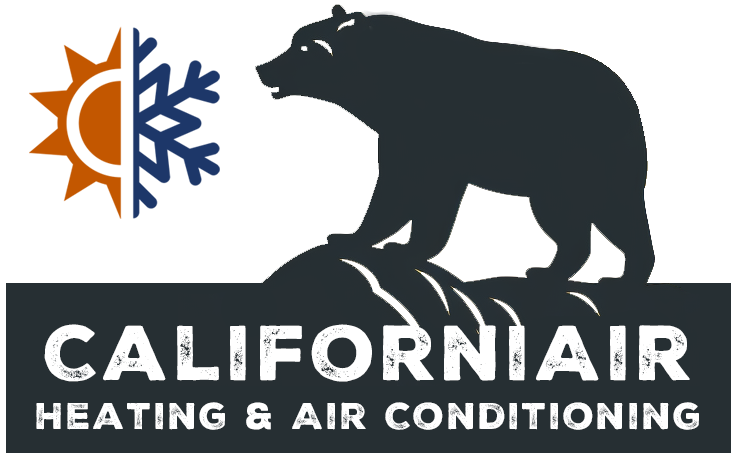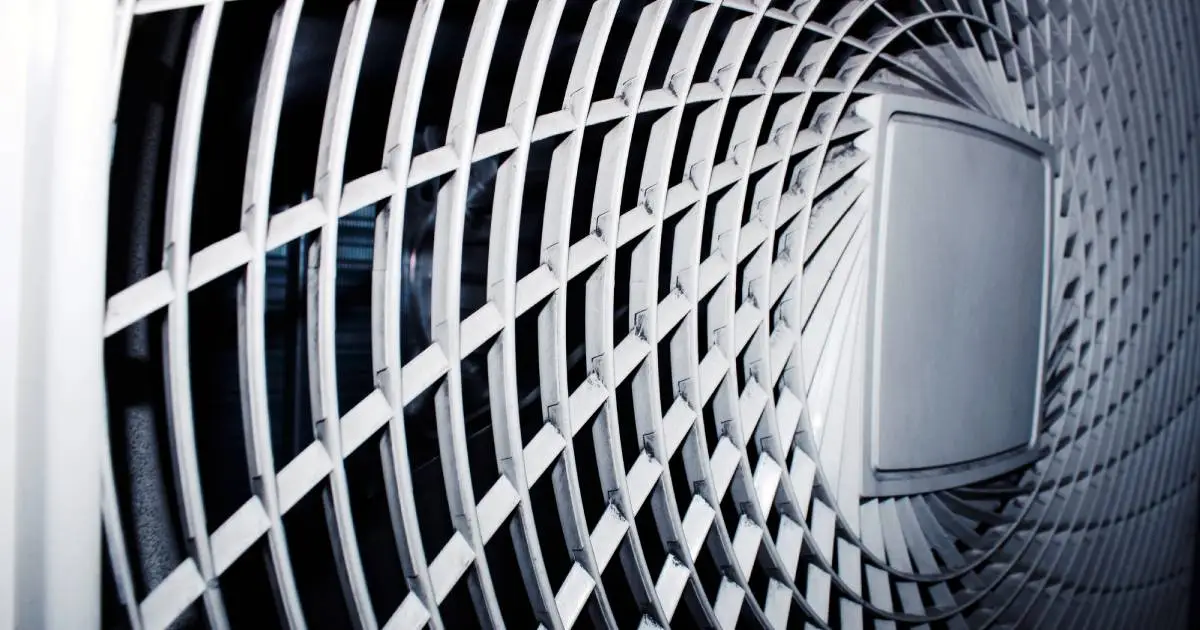Table of Contents
California’s Bay Area and Silicon Valley are known for their innovative spirit and comfortable living conditions. However, even in this tech-driven region, common air conditioner problems can hinder the comfort of your home or office. In this comprehensive guide, we will explore ten frequent air conditioning issues and provide practical solutions to fix them. Whether you’re a novice homeowner or an experienced technician, this article will equip you with valuable insights on maintaining your HVAC system.
Air conditioners are crucial for maintaining a comfortable indoor environment, especially during the hot summer months in California. Unfortunately, regular usage can lead to a variety of issues that affect performance and efficiency. Understanding these problems and how to address them is essential for ensuring your air conditioning system operates smoothly and efficiently.
AC Not Blowing Cold Air
One of the most common complaints homeowners have is when their air conditioner isn’t blowing cold air. This issue can be caused by several factors:
Dirty Air Filters
Clogged filters restrict airflow, causing the unit to work harder and produce less cooling.
Low Refrigerant Levels
Insufficient refrigerant can prevent the AC from cooling properly.
Thermostat Settings
Incorrect thermostat settings or a malfunctioning thermostat can affect the cooling performance.
Solution
– Regularly clean or replace air filters.
– Check refrigerant levels and recharge if necessary (best handled by professionals).
– Ensure the thermostat is set to “cool” mode and at the desired temperature.
Water Leakage Issues
Water leakage around your air conditioner can cause damage to your property and indicate an underlying problem such as:
Clogged Drain Line
A blocked drain line can cause water to back up into the unit.
Frozen Evaporator Coil
When the coil freezes, it can lead to water dripping once it thaws.
Improper Installation
Incorrect installation can cause condensation to form and leak.
Solution
– Clear any blockages from the drain line.
– Have a professional inspect and repair any issues with the evaporator coil.
– Ensure proper installation and check for any signs of improper drainage.
Unusual Noises
Unusual noises from an AC unit can be unsettling and might signal mechanical problems:
Loose Components
Vibrations from loose parts can create rattling or banging sounds.
Worn Out Bearings
Squealing or grinding noises can indicate worn-out bearings in the motor.
Duct Issues
Popping or banging sounds might originate from expanding and contracting ductwork.
Solution
– Tighten any loose components and ensure proper lubrication.
– Replace worn-out bearings.
– Inspect ductwork and properly secure any loose sections.
AC Fan Not Working
The fan is essential for circulating cooled air throughout your space. If the fan stops working:
Blown Fuse or Tripped Breaker
Electrical issues can disrupt the fan’s operation.
Faulty Motor
The motor responsible for driving the fan could be damaged.
Capacitor Problems
A faulty capacitor can prevent the fan from starting.
Solution
– Check and reset any tripped breakers or replace blown fuses.
– Consult a professional to repair or replace a faulty motor.
– Inspect and replace the capacitor if needed.
Strange Odors
Foul odors emanating from your air conditioner can be unpleasant and potentially harmful:
Mold and Mildew Growth
Moisture buildup can lead to mold and mildew growth within the unit.
Burnt Wiring
A burning smell might indicate electrical issues or overheating components.
Dirty Air Filters
Accumulated dirt and debris can cause unpleasant smells.
Solution
– Clean or replace air filters regularly.
– Schedule routine maintenance to prevent mold and mildew.
– Have a professional inspect and address any electrical issues immediately.
Short Cycling
Short cycling occurs when the AC turns on and off frequently, which can reduce efficiency and increase wear and tear:
Oversized Unit
An oversized AC can cool the space too quickly, leading to short cycles.
Thermostat Placement
Improper thermostat placement can cause inaccurate temperature readings.
Refrigerant Issues
Low refrigerant levels can trigger short cycling.
Solution
– Ensure your AC unit is appropriately sized for your space.
– Place the thermostat in a central location away from direct sunlight.
– Check refrigerant levels and address any leaks.
High Humidity Levels
High humidity indoors can be uncomfortable and contribute to mold growth. An ineffective AC may fail to dehumidify properly due to:
Improper Sizing
An undersized unit might struggle to manage humidity levels.
Dirty Coils
Dirty coils can’t effectively remove moisture from the air.
Ventilation Issues
Poor ventilation can trap humidity indoors.
Solution
– Use a properly sized AC unit suitable for your space.
– Clean coils as part of regular maintenance.
– Improve ventilation by using exhaust fans or dehumidifiers.
AC Freezing Up
An air conditioner that freezes up and stops working can result from various problems:
Restricted Airflow
Blocked air filters or ducts can cause the evaporator coil to freeze.
Low Refrigerant Levels
Insufficient refrigerant can lead to freezing issues.
Thermostat Malfunctions
Incorrect thermostat settings can cause the unit to freeze.
Solution
– Maintain clean air filters and clear any blockages in the ducts.
– Check refrigerant levels and address leaks immediately.
– Verify that the thermostat is functioning correctly.
Thermostat Issues
A malfunctioning thermostat can lead to inconsistent temperatures and uneven cooling:
Calibration Problems
Inaccurate calibration can cause temperature discrepancies.
Dead Batteries
Low or dead batteries can prevent the thermostat from functioning correctly.
Wiring Issues
Damaged wiring can disrupt communication between the thermostat and the AC unit.
Solution
– Regularly calibrate and test the thermostat’s accuracy.
– Replace thermostat batteries when low.
– Have a professional inspect and repair any wiring problems.
Increased Energy Bills
Unexpectedly high energy bills can indicate your AC is working inefficiently:
Dirty Filters and Coils
Accumulated dirt can reduce efficiency and increase energy consumption.
Leaky Ducts
Leaks in the ductwork can cause cooled air to escape, making the system work harder.
Aging System
An older AC unit may naturally consume more energy over time.
Solution
– Perform regular maintenance, including cleaning filters and coils.
– Seal any leaks in the ductwork.
– Consider upgrading to a more energy-efficient system.
Summary
From inadequate cooling to unusual noises and increased energy bills, understanding common air conditioner problems is crucial for maintaining a comfortable indoor environment. Regular maintenance and prompt repairs can alleviate many of these issues, ensuring your HVAC system runs efficiently year-round.
If you’re facing any of these problems and need professional assistance, CaliforniAir Heating and Air Conditioning is here to help. Our team of experts provides comprehensive HVAC services, including air conditioning installation, repair, and maintenance throughout Santa Clara County, San Mateo County, Alameda County, San Benito County, Santa Cruz County, and Monterey, CA. Contact us today at (408) 705-8761 or info@calhvac.com to schedule an appointment. Your comfort is our priority!
FAQs
It's recommended to change your air filter every 1-3 months, depending on usage and the type of filter. Regular maintenance ensures optimal performance.
A clicking noise can indicate an electrical issue, such as a failing relay or capacitor. It's best to have a professional technician inspect and resolve the problem.
Regular maintenance, sealing leaks in ductwork, and using a programmable thermostat can improve your AC's energy efficiency and reduce energy bills.
Check for clogged drain lines and ensure proper drainage. If the issue persists, contact a professional to inspect and repair the unit.
Short cycling can be caused by an oversized unit, refrigerant issues, or thermostat problems. Have a professional diagnose and address the root cause to prevent further damage.
For all your HVAC needs, trust CaliforniAir Heating and Air Conditioning. Contact us today for expert assistance!

